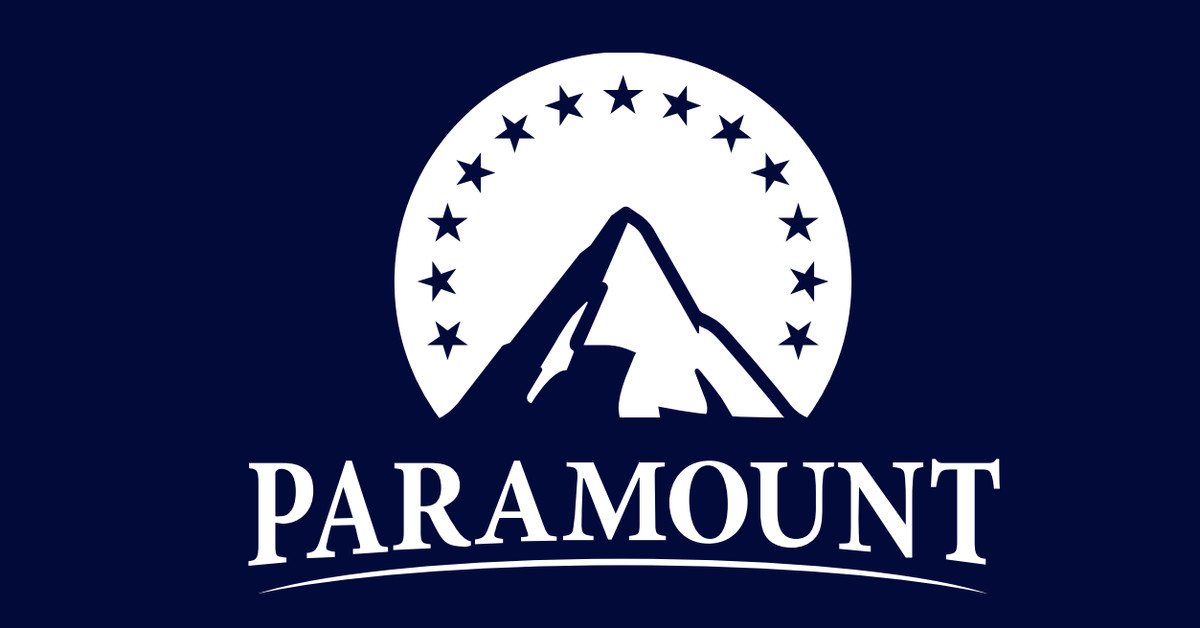CBS Weighs Compromise in Trump Censorship Lawsuit
CBS is reportedly contemplating a strategic concession in its ongoing lawsuit over alleged censorship related to Trump, a move that could be pivotal in finalizing the highly anticipated merger with Paramount. This decision might reshape the landscape of media freedom and corporate governance. The intersection of media, politics, and corporate strategy has never been more pronounced, especially in a media environment that is increasingly scrutinized for bias and ethical considerations.
The Context of the Lawsuit
The backdrop of the CBS lawsuit is deeply entrenched in the politically charged atmosphere surrounding Donald Trump’s presidency and post-presidency. Allegations have surfaced suggesting that CBS, along with other major networks, was complicit in stifling coverage of stories that could have reflected poorly on the former president. Critics argue that this censorship undermines journalistic integrity and the public’s right to information.
As CBS navigates this legal landscape, the stakes are high. The lawsuit not only threatens the company’s reputation but also poses significant implications for its merger with Paramount. This merger is seen as a crucial step for CBS to consolidate its media influence and enhance its competitive position in an industry increasingly dominated by streaming platforms and digital media giants.
The Merger with Paramount: A Game Changer
The merger with Paramount is anticipated to create a media powerhouse capable of competing with the likes of Disney and Netflix. By joining forces, CBS and Paramount aim to leverage their combined content libraries, distribution networks, and audience reach. However, the ongoing lawsuit could jeopardize this ambitious plan.
- Financial Implications: The merger is expected to generate significant revenue synergies, but prolonged litigation could deter investors and raise costs.
- Market Position: A successful merger could position CBS as a leader in the rapidly evolving media landscape, but negative publicity from the lawsuit could tarnish that image.
- Regulatory Scrutiny: Mergers of this magnitude often attract the attention of regulators, particularly when legal issues are involved.
Potential Compromises and Their Implications
As CBS weighs its options, potential compromises could take various forms. These might include:
- Settlement Offers: CBS could seek a financial settlement to resolve the lawsuit, allowing it to move forward with the merger.
- Policy Changes: Implementing new editorial guidelines that enhance transparency and accountability could help restore public trust.
- Public Apologies: Acknowledging any missteps related to the alleged censorship might alleviate some public backlash.
Each of these options carries its own set of risks and rewards. A financial settlement might expedite the merger process but could be seen as an admission of guilt. Conversely, enforcing new policies could help CBS regain credibility, but it might not satisfy all critics.
The Broader Implications for Media Freedom
The decision CBS faces is not just about its internal governance or its merger with Paramount; it speaks to larger issues of media freedom and accountability. The media has a fundamental role in a democratic society, serving as a watchdog and a platform for diverse viewpoints. When allegations of censorship surface, they raise concerns about the integrity of that role.
- Public Trust: The public’s trust in media is pivotal. Allegations of bias or censorship can lead to widespread skepticism of news outlets.
- Regulatory Environment: A failure to address these allegations could prompt calls for stricter regulations on media companies.
- Future Precedents: How CBS handles this lawsuit may set important precedents for how media companies manage political coverage and corporate governance in the future.
The Role of Corporate Governance in Media
Corporate governance within media companies is increasingly under the microscope. Stakeholders are demanding greater accountability and transparency, particularly in how editorial decisions are made. This scrutiny is particularly relevant in the context of a politically polarized environment where media outlets are often accused of having an agenda.
For CBS, navigating these complexities requires a careful balancing act. The company must consider the potential backlash from its audience while also addressing the legal and financial ramifications of the lawsuit. The decisions made now will likely have long-lasting effects on its brand, audience loyalty, and overall market position.
Looking Ahead: The Future of CBS and Media Freedom
As CBS weighs compromise in the Trump censorship lawsuit, the implications extend beyond its corporate interests. The choices made in the coming months will shape not only the company’s future but also the broader conversation about media freedom and corporate responsibility.
In conclusion, CBS is at a crossroads, facing critical decisions that could redefine its trajectory in the media landscape. The outcome of the lawsuit and the merger with Paramount will serve as a litmus test for media integrity and corporate governance in an era marked by unprecedented challenges and changes. The decisions made now will resonate through the industry for years to come, illustrating the delicate balance between corporate interests and the fundamental principles of journalism.
See more Business Focus Insider Team

